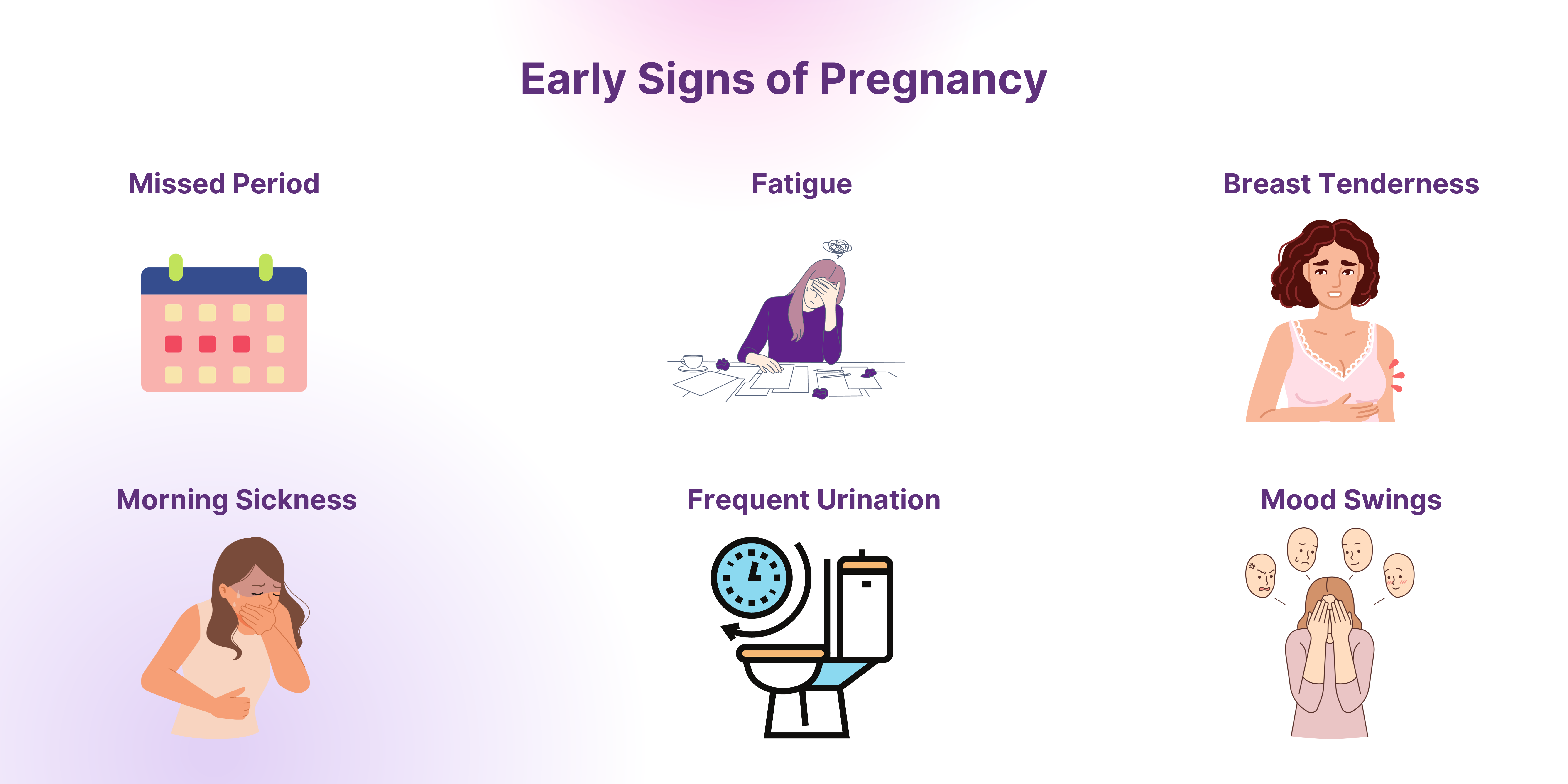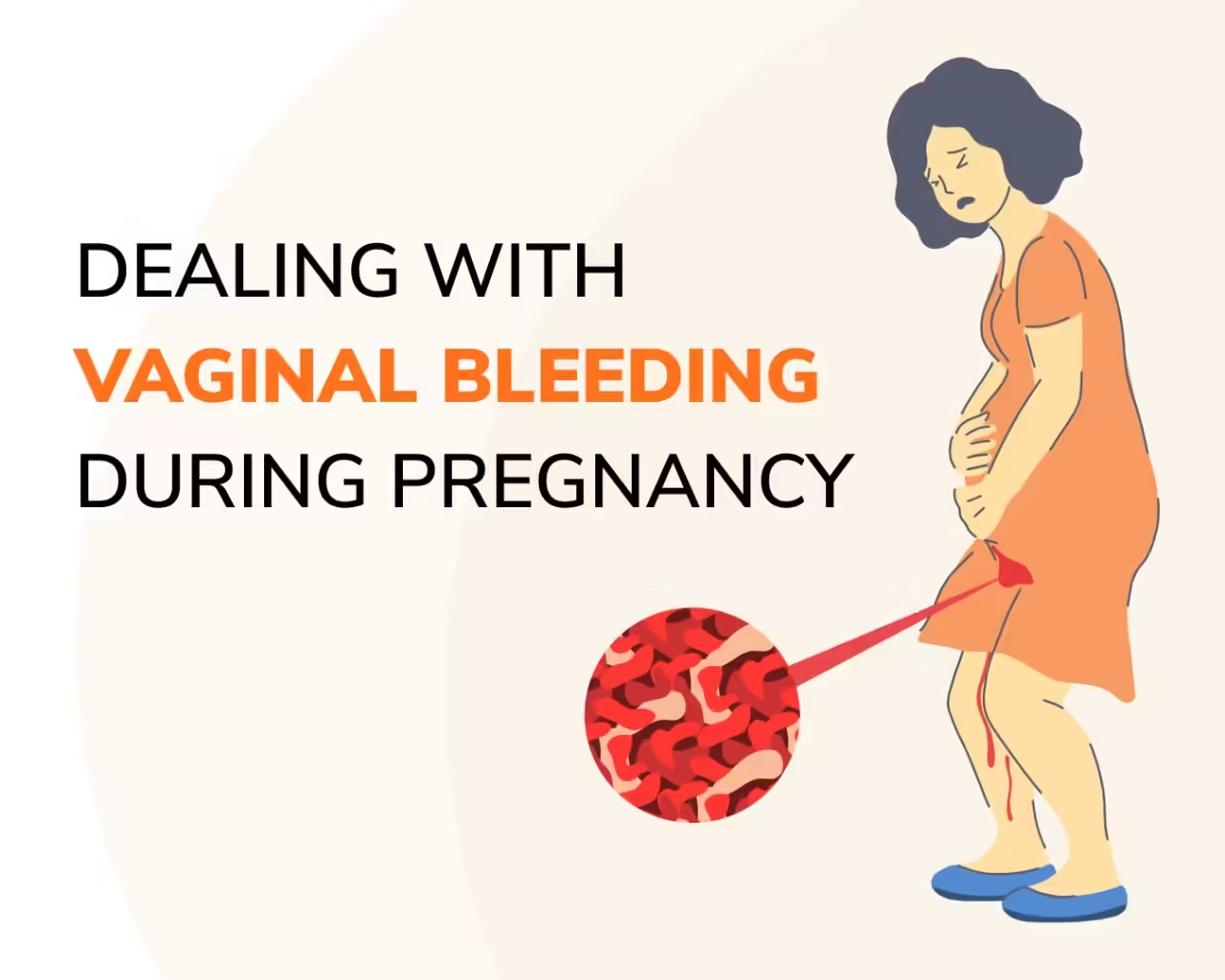Pregnancy is a transforming event full of both delight and some reasonable worries feeling your baby move during pregnancy is among the most comforting features of it but you may find alterations in these motions, particularly as you work through your trimesters knowing these developments will enable you to remain informed and reduce anxiety. Here is a detailed analysis of what changes in foetal movement indicate as well as what you should do should you observe them.
Describes Normal Foetal Movement.
A normal aspect of pregnancy, foetal movements indicate the health of your baby usually you first sense your baby moving between eighteen and twenty-five weeks these motions can be light flutters or more forceful kicks and rolls.
Important Notes Regarding Normal Foetal Movement:
Early on, motions may seem like soft flutter based on frequency and patterns. Your baby develops and these motions become more separate and frequent. By the third trimester, your baby should be moving consistently and in different patterns all through the day.
Babies often move more when you are at rest. You might see more movement when you lie down or after meals.
When should you start to worry?
Although differences in foetal mobility are common, a clear decline might raise some questions. It’s important to know when these developments can indicate a concern.
Signs of a Possible Problems:
Third trimester movement should be regular and steady by the time you find yourself in it. Should you see a notable or sudden drop, you might have to consult a doctor. Your doctor might advise tracking the baby’s movements or doing a non-stress exam to evaluate their condition.
Every infant moves in their own unique pattern. Your infant should be closely watched if their normal routine changes abruptly, particularly if they start to become much less active note any changes from their usual routine and let your doctor know.
Length of Time Without Movement- See your doctor if you do not feel your baby move for a protracted period particularly if this is unusual it is advisable to exercise caution and make sure everything is moving as it ought to.
Potential Reasons behind Movement Variations
A number of elements can affect foetal mobility and perhaps produce obvious alterations. Knowing these elements could assist you properly control your worries.
Variables influencing foetal movement:
Maternal Position: Sometimes your position influences the degree of movement you experience with your baby for example, you could find it more difficult to sense motions if you are sleeping on your back changing postures, such lying on your side, can occasionally help movements be more apparent.
Increased physical activity, stress, or even changes in your daily schedule can affect how you notice the motions of your baby sometimes a momentary drop in activity could make motions less obvious.
Baby’s Position- Your baby might move around the uterus as they develop movement sensation might change with a change in position your baby may move less, for instance, if they are facing your back than if they were facing your front.
Your Actions Should Be-
If your baby’s movement patterns seem to have changed significantly, you must act. This is a detailed methodical strategy to handle these issues:
Track the movement patterns of your infant. Notes down the specifics if you observe any changes or decline.
See Your Healthcare Provider- See your doctor if variations in foetal movement worry you to guarantee your baby is healthy, they may suggest a non stress test or a foetal kick count.
Stay Calm and Informed: Although fluctuations in foetal movement cause normal anxiety, keep in mind that many things could affect this. Your doctor can reassure you of the necessary comfort and guarantee that the health of your baby is under control.
Conclusion
Part of pregnancy that is absolutely vital is knowing and tracking foetal activity. Although differences in movement are common, it’s crucial to know when a decline calls for medical attention. Staying aware and proactive will help you to guarantee the health of your baby as well as yourself during your pregnancy.




